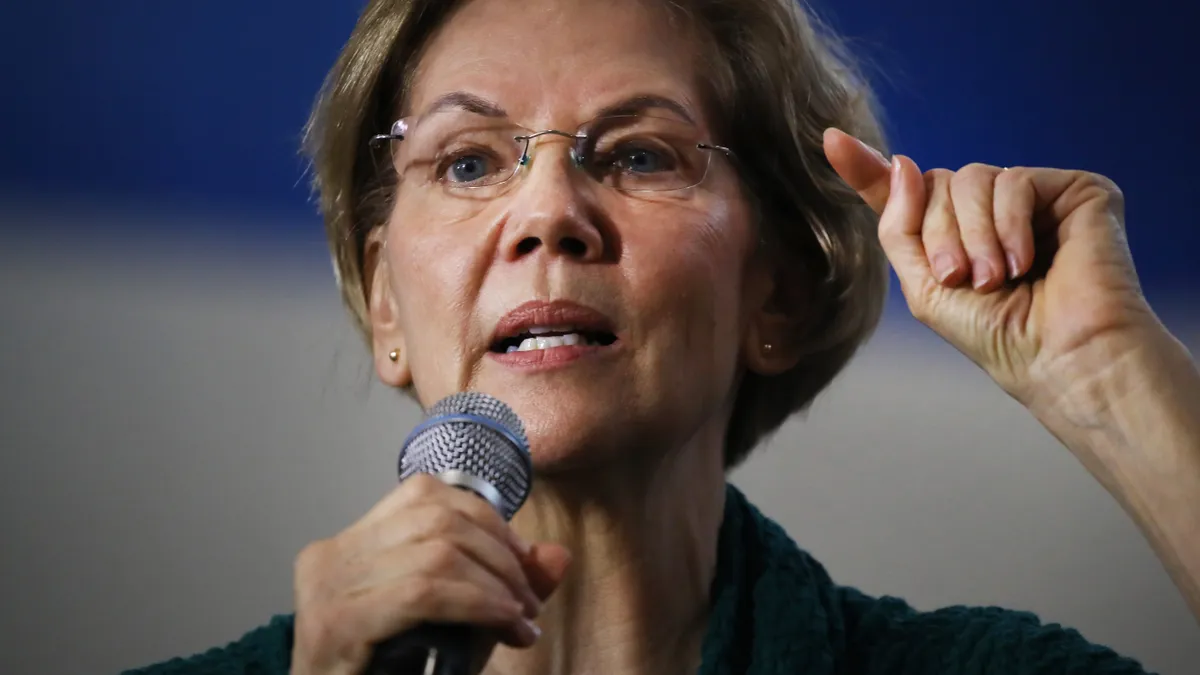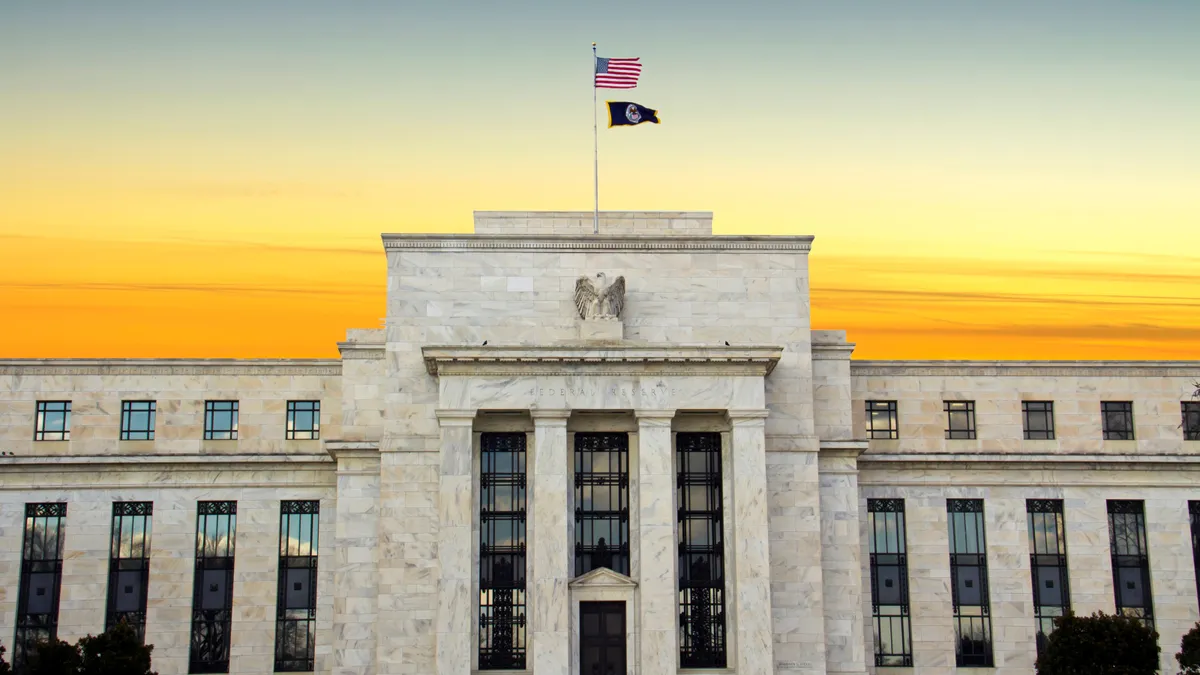Lawmakers in both parties this week are pushing for greater independence in investigations — whether they relate to ethics scandals or bank failures.
Sens. Jon Tester, D-MT, and Thom Tillis, R-NC, are asking President Joe Biden to appoint “non-partisan experts” to review state and federal regulators’ processes and conclusions related to the failures of Signature and Silicon Valley Bank.
“Self-reflection, while appreciated, is insufficient to ensure stressors to our financial system of this magnitude are not repeated,” the senators wrote in a letter seen Thursday by Bloomberg.
The request underlines dissatisfaction in reports published last month by the Federal Reserve and Federal Deposit Insurance Corp. It also surfaces on a day when representatives of both regulators testify in front of the Senate Banking Committee, after making a similar appearance Tuesday for the House Financial Services Committee.
“An outside, independent review of the supervisory and management errors that contributed to the failures would be a vital step toward restoring confidence in the banking system and preventing future failures,” Tester and Tillis wrote.
Another member of the Senate Banking Committee, Sen. Elizabeth Warren, D-MA, spearheaded a roasting Wednesday of Fed Inspector General Mark Bialek over his handling of an investigation into a stock-trading scandal that embroiled his boss, Fed Chair Jerome Powell, and then-Vice Chair Richard Clarida in 2021.
"The people who hired you and who have the power to fire you — that dynamic tends to create watchdogs that don't bark," Warren said Wednesday, according to Reuters. "At best, you are in an impossible compromised position when it comes to investigating wrongdoing at the Fed.”
The Fed IG’s report last July cleared Powell and Clarida. Financial advisers for Powell withdrew between $1 million and $5 million from a Vanguard stock index fund during a blackout period. Clarida sold an exchange-traded fund Feb. 24, 2020, then re-bought it three days later — before Powell issued a statement signaling the central bank might cut interest rates. Clarida resigned, but Powell was confirmed to a new term as Fed chair — much to Warren’s chagrin.
The SVB and Signature failures prompted Warren to renew a call for an independent IG at the Fed, to be appointed by the president and confirmed by the Senate. She and Sen. Rick Scott, R-FL, drafted a bill to that effect in March. And Warren criticized Bialek’s conclusions in a letter ahead of Wednesday’s hearing.
"You made no recommendations to hold Chair Powell and Mr. Clarida accountable for their improper trading and disclosure failures, and in doing so, contributed to the Fed's culture of corruption and impunity," she wrote. “Your failure to hold Chair Powell — at whose discretion you serve — accountable is the clearest possible example showing that your office lacks the tools necessary to effectively perform its important responsibilities.”
Bialek defended the Powell conclusion, saying there appeared to be no “intent to misreport,” according to American Banker.
And if the details surrounding the trading scandal seem sparse, he added, it’s because the investigation into related matters — specifically, trading that forced two regional Fed presidents to resign, then a year later, enveloped a third — is not yet complete.
"We did not release the details of our investigative steps and techniques because we must protect the integrity of our other ongoing and closely related ethics investigations,” Bialek said Wednesday, according to American Banker. “I understand there is criticism about the independence and thoroughness of our ethics investigation of senior board officials given the limited information that we disclosed, but I want to emphasize that we independently and thoroughly investigated this matter. We pursued the facts wherever and to whomever they lead.”
That included reviewing "more than 3 million emails, financial disclosure reports, trading data, brokerage statements, and all of the relevant trading activities," Bialek said.
"I acknowledge that our investigative report lacks the kind of detailed analysis that would kind of close these perceived gaps that you're alluding to, Senator, but it was intentional," Bialek said. "I absolutely agree that the allegations of improper trading and ethics violations are disturbing and they are alarming … but we have to conduct a thorough independent investigation."
Warren, in her letter, characterized the Fed IG’s investigation as being “uncritical.” In person, she asserted it was “not strong oversight. In fact, it is not even competent oversight.”
"It looks like, to anyone in the public, that you gave your boss a free pass and that's just not going to cut it here,” she said, according to American Banker.
The Fed IG now is hired by the central bank’s chair and can be dismissed by a two-thirds vote of the Fed board. If his position were to be made a presidential appointment, Bialek argued, the stiffer vetting process — and a reduction in pay — may stand as hurdles in drawing quality candidates.
The Fed IG is a designated federal entity appointee, and the role’s salary is determined by averaging the pay of the central bank’s other division directors and executives. Bialek is making more than $377,000 a year, he confirmed Wednesday.
Making the job a presidential appointment would put it on the U.S. government executive pay scale. Powell, for example, is making $203,500 for 2023, Bloomberg reported.
“You realize that makes you the highest-paid employee at the Fed,” Warren said, according to the wire service. “I understand why you wouldn't want to give that up.”
But, she added, according to American Banker, “I don't believe that your self-interest should outweigh the importance of good governance and independent governance at the Fed."





















